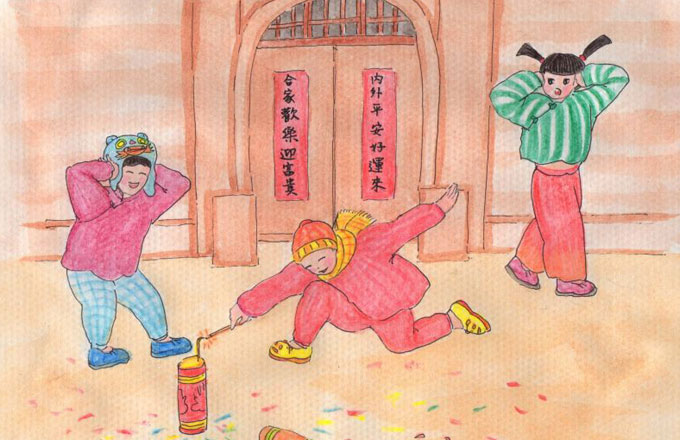Small stores the key to understanding the market
Eight months ago, Xie Ruicong had the surprise of her life when Premier Li Keqiang visited her bookstore unexpectedly.
On April 25, Li visited the Jianshan Bookstore in Kuanzhai Ancient Street, a traditional cultural hotspot in Chengdu, Sichuan province.
During his visit, Li asked Xie, the manager, about her hometown, her income and her life in Chengdu. He also quizzed her about the store's best-selling items.
"The premier asked me the meaning of Jianshan, the bookstore's name. I told him that it means 'open the door to see the mountain and lead a simple life'," Xie said, recalling that Li bought a book and two postcards, one black and white and one color. "I remember that the premier said the black-and-white postcard represented the past, while the color one represented the future."
Li's visit resulted in a swarm of visitors curious to know what he had bought. A photo of Li in the store that Xie posted on the wall was a little out of focus, but it still attracted customers. "We sold many more books in May and June than during the same period last year," she said.
Prior to his trip to the bookstore, Li visited a supermarket, where he focused on the supply and demand of agricultural goods and price fluctuations. The supermarket provides online services, such as immediate delivery, and also conducts in-store tests for pesticide residues in food, a new model that provides safe food via convenient channels, according to Li.
On Dec 5, at an event to mark the 30th anniversary of the China Privately Owned Business Association, Li evaluated the role of small private businesses in job creation and meeting diversified demand.
During his tours, Li makes a point of visiting small stores, and although the visits may seem insignificant, they act as on-the-spot surveys that provide him with grassroots information about local business environments, incomes and net profits, the tax burden and market vitality, said Xia Xueluan, a visiting professor of sociology at Sanya University, Hainan province.
Last month, when Li visited Shanghai to chair a meeting on government processes in the city, he praised the local government's treatment of two stores as an example of a flexible approach to local problems.
Last year, the stores were issued with closure orders because they were operating out of rented premises designated as unsuitable for commercial purposes. Online media outlets reported on the story and when the local government understood the stores' value to the community, it found a way of allowing them to continue to operate.
"Some stores, run by grassroots people with a small amount of money, enjoy good public reputations and meet a number of demands," Li told the delegates.

















